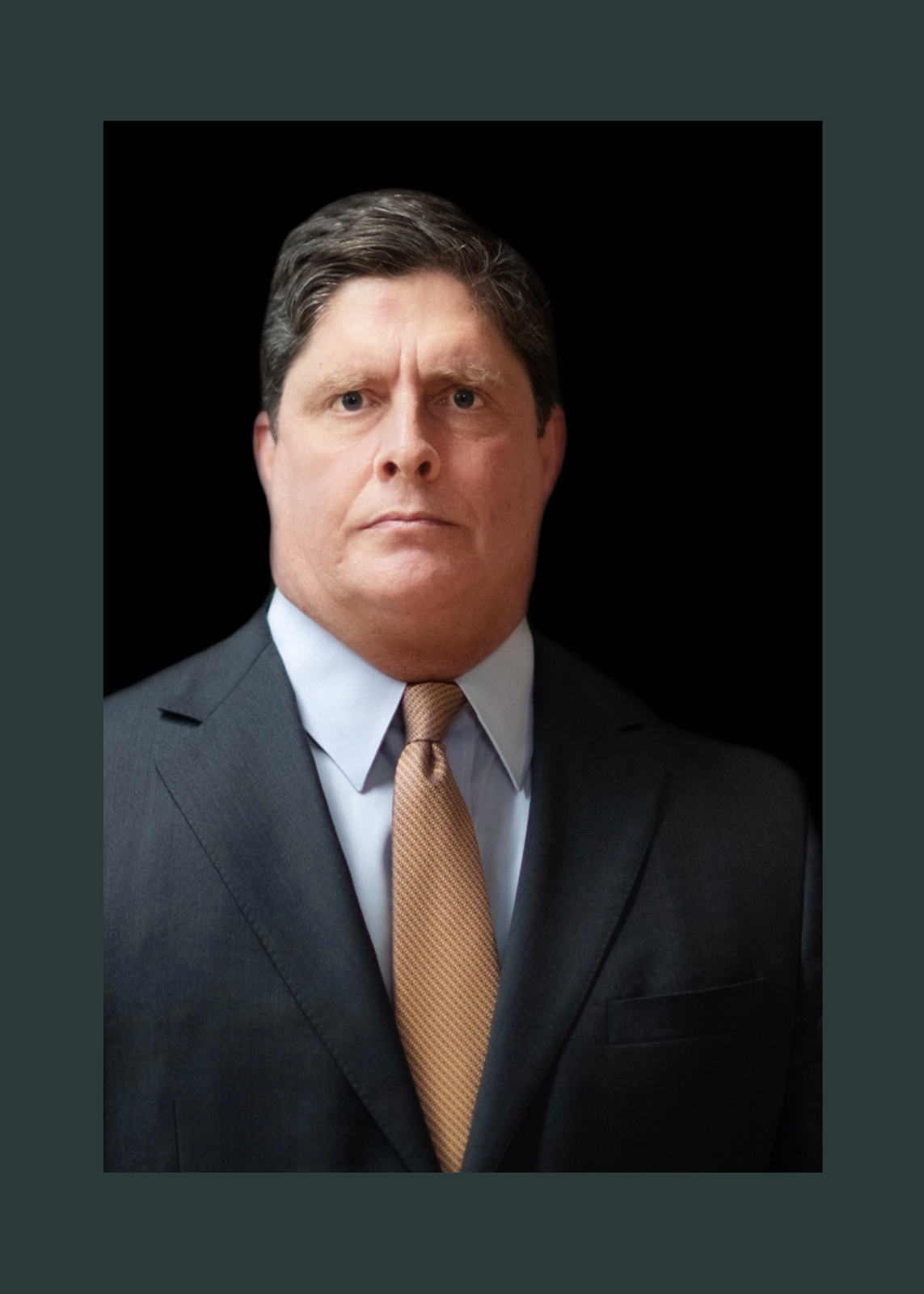
Dallas Federal Drug Crimes Lawyer John Helms Explains Why You Can Be Responsible if Another Person Flees Law Enforcement
Federal Drug Crimes Lawyer in Dallas Discusses Why It Is Possible To Be Held Responsible When Another Person Creates a Risk Of Harm To Others During Flight From Law Enforcement?
Drug Trafficking Cases
In many drug trafficking cases a person who is part of the drug trafficking organization may try to get away from law enforcement when they come to serve a search warrant or an arrest warrant, or in many other circumstances. If that person flees law enforcement and creates a significant danger to others during flight, can one or more other members of the organization be held responsible for creating this danger? Perhaps surprisingly, the answer is that they can be under some circumstances.
Federal Sentencing Guidelines
The Federal Sentencing Guidelines include a specific enhancement for causing dangerous situations during flight from law enforcement. According to U.S.S.G. § 3C1.2, a two-level increase in a person’s Offense Level applies “[i]f the defendant recklessly created a substantial risk of death or serious bodily injury to another person in the course of fleeing from a law enforcement officer.” A two-level increase in a defendant’s Offense Level can increase a person’s recommended sentence range under the Federal Sentencing Guidelines between roughly 7 and 14 months, depending on the person’s Offense Level and Criminal History.
There is not a precise formula to determine whether conduct amounts to reckless endangerment. Courts of appeal normally defer to the trial court’s judgment on this issue. See United States v. Hazlewood, 398 F.3d 792, 796 (6th Cir. 2005). One example of reckless endangerment is when someone drives at a very high speed through a residential area. See, e.g., United States v. Heard, No. 17-3062 (6th Cir. Sept. 11, 2018) (affirming finding of reckless endangerment where a driver drove over 60 miles per hour through a residential neighborhood and crashed into a tree). In order for the enhancement to apply, however, it must be shown that the person knew or should have known he was fleeing law enforcement. See United States v. Wright, 747 F.3d 399, 407 (6th Cir. 2014); United States v. Hayes, 135 F.3d 435, 438 (6th Cir. 1998).
But what if another person was fleeing? Can the section 3C1.2 enhancement apply to you? The Application Notes to section 3C1.2 explain when it can. Application Note 5 states: “Under this section, the defendant is accountable for the defendant’s own conduct and for conduct that the defendant aided or abetted, counseled, commanded, induced, procured, or willfully caused.” U.S.S.G. §3C1.2, App. Note 5.
The Sentencing Guidelines therefore make it clear that a defendant can be responsible for more than his own conduct in the right circumstances. But what would be an example where one defendant “aided or abetted, counseled, commanded, induced, procured, or willfully caused” another defendant to endanger people recklessly during flight?
Car Chase Scenario
Let’s consider the car chase scenario. What if law enforcement is about to raid a drug house and one defendant tosses the keys to a car to another defendant and tells him, “Grab the money, get in the car, and get out of here fast so the law doesn’t get our money!” Then, the other defendant does that; drives at a very high speed through a residential neighborhood and almost hits children playing. Under these circumstances a judge could conclude that the defendant who told the second defendant to flee and gave him the keys to the car “aided and abetted” and “commanded, induced [and] procured” the reckless fleeing.
On the other hand, instead of telling the person to “get out of here fast,” the defendant just said to “hide the money in the car”? Then what if the person gets in the car and drives recklessly? In this situation it is much less likely that a judge would believe that the defendant caused the person to drive recklessly because he only told the person to hide the money—not to drive away.
This interpretation is consistent with several federal courts of appeal, which have said that some form of “direct or active participation” in the flight is necessary to trigger the enhancement. See United States v. Chong, 285 F.3d 343 (4th Cir. 2002); United States v. Cook, 181 F.3d 1232, 1235 (11th Cir. 1999); United States v. Conley, 131 F.3d 1387, 1390-91 (10th Cir. 1997); United States v. Lipsey, 62 F.3d 1134, 1136-37 (9th Cir. 1995).
Federal Drug Crimes Lawyer in Dallas
The facts of each case are unique. Whether you or someone else could be held responsible for someone else’s reckless endangerment during flight from law enforcement depends on the specific facts of the case. As a federal drug crimes lawyer in Dallas I defend people accused of federal drug crimes in Texas and I am able to weigh into any federal court in the United States. I want to investigate the facts to make sure that I present as much favorable evidence for my client as possible in order to persuade the judge of my client’s position.
One thing is certain though. If you or a loved one has been accused of a federal drug crime in Texas you should consult with a Dallas federal drug crimes lawyer with an extensive experience in defending federal drug cases and understands the nuances of federal law. A Dallas criminal defense lawyer who specializes in drug cases can help federal drug defendants protect their rights and make sure they are treated with the fairness and dignity they deserve.
Media contact:
R. William
214-666-8010
Source:https://johnhelms.attorney/
